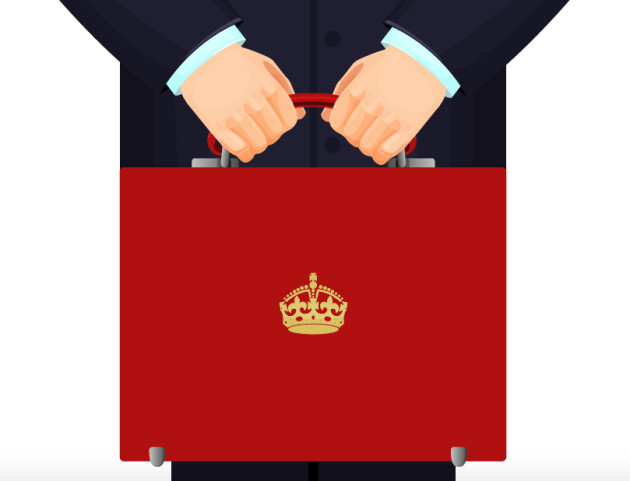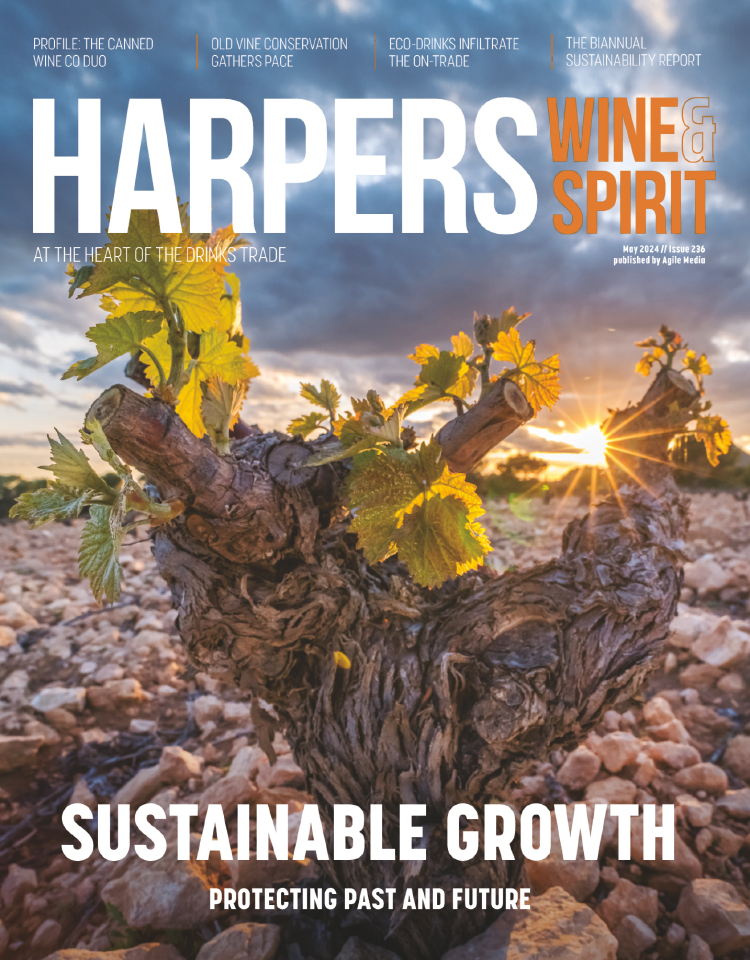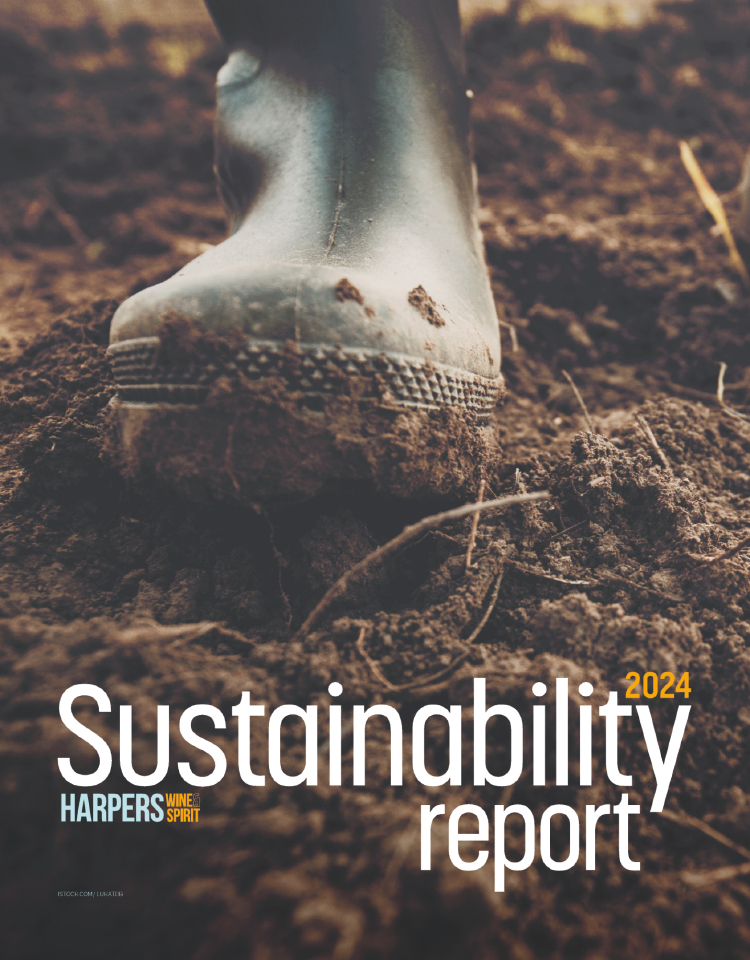
How the Drinks trade reacted to The Budget
In today’s Autumn Statement (17 November 2022), Chancellor Jeremy Hunt made a few announcements regarding business taxes, but there was no mention of alcohol duty, much to the frustration of the drinks trade.
What we do know is that the government will freeze the business rates multiplier for another year to protect businesses from rising inflation, worth £9.3 billion over the next 5 years.
Hunt also announced extended and increased relief for retail, hospitality and leisure businesses worth almost £2.1 billion.
Perhaps most notably, the government will abolish downward transitional relief caps, meaning businesses seeing lower bills as a result of the revaluation will benefit from that decrease in full straight away.
UKHospitality CEO Kate Nicholls said: “I’m pleased that the Chancellor has listened to the vast majority of UKHospitality’s proposals on business rates, covering a freeze in the multiplier, extended reliefs and no downward transition. This means those seeing their valuations decrease will see the benefit in their bills immediately, at the same time as increases are capped.”
However, Nicholls was concerned by Hunt’s plan for economic growth, or lack thereof:
“What we failed to hear today from the Chancellor was any plan for economic growth, despite him recognising its importance. Businesses create jobs, deliver higher wages and contribute millions in tax revenues but without a serious plan from the government, margins continue to be squeezed without a path forward to growth.”
Sarah Travell, founder and CEO of hospitality specialist fintech firm Virgate, expressed concerns about other potential cost increases for businesses, namely the rise in National Minimum Wage.
“These are very challenging times for businesses and while it is clear that the Chancellor has a very difficult balance to strike, more help for the hospitality industry would have been very welcome.
“In particular the rise in the National Minimum Wage will prove very difficult for some operators already facing soaring costs. Movement on VAT for the sector would have been a progressive step, encouraging consumer spend and offering a lifeline for businesses struggling in the current economic headwinds. With a business rates review now in the offing for April, it promises to be a very challenging winter and spring ahead.”
Meanwhile, Scottish licensed trade laid out its concerns for the industry’s future. Colin Wilkinson, SLTA MD, said: “This week already it has been confirmed that UK inflation hit a 41-year high in October, accelerating to 11.1% on the back of rising energy and food prices. This has major implications for our industry as we already know that some drinks manufacturers are increasing their prices which means our pubs, bars and restaurants will have to do that too, directly impacting their customers.
“The reversal of the freeze on alcohol duty will also hit businesses and customers alike with the cost of a pint increasing by more than just inflation.”
The topic of alcohol duty was notable in its absence today during the budget and the WSTA echoed the feelings of many in the industry with its statement.
Miles Beale, CEO of WSTA, said: “There is nothing to welcome or comment on following today’s Autumn Statement. We have no further information other than that the Chancellor has not yet decided by how much, or when, alcohol duty will be increased.
“We will continue to ask to meet with Treasury ministers as a matter of urgency. We want to see support for businesses in our sector, including as small and as few increases to duty as possible in 2023. And to ensure that changes to the UK alcohol taxation system are fairer, simpler and are delivered with less red tape.”
Keywords:
- Miles Beale
- WSTA
- Inflation
- UKHospitality
- Kate Nicholls
- The Chancellor
- Jeremy Hunt
- The Budget
- The Government
- The Conservatives







